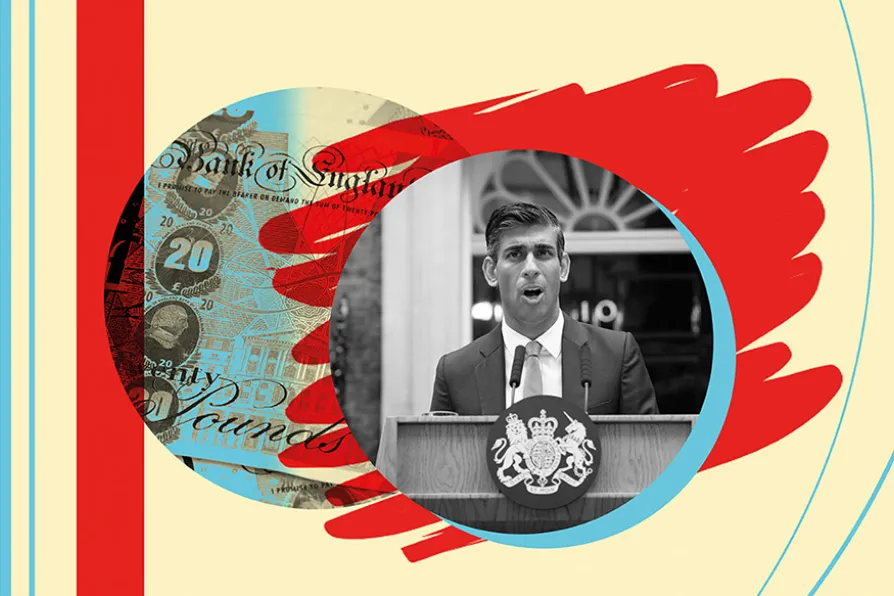Mass mobilisations are forcing governments to seriously consider imposing sanctions and severing ties — even in places like Australia and the Netherlands — despite continued arms shipments to Israel’s war machine, writes RAMZY BAROUD


THE policies of Rishi Sunak will not offer a way out of the crisis. They will not be very different from those of Liz Truss, except in one important area. They will also make the current crisis substantially worse.
It is imperative that the labour movement as a whole develops not just a thorough critique of “Sunakism,” which is an important starting point. It must also seek fundamental change in order to reverse this crisis.
The appointment of Sunak’s Cabinet tells us precisely where he stands on social questions. The government as a whole is going to press ahead with legislation curbing trade union rights. With barely a murmur it has already pushed through the draconian public order Act.

Every Starmer boast about removing asylum-seekers probably wins Reform another seat while Labour loses more voters to Lib Dems, Greens and nationalists than to the far right — the disaster facing Labour is the leadership’s fault, writes DIANE ABBOTT MP

DIANE ABBOTT explodes the anti-migrant myths perpetrated by cynical politicians and an irresponsible mass media

Our Foreign Secretary now condemns Israel in the Commons, yet Britain still supplies weapons and intelligence for its bombing campaigns — as the horror reaches perhaps the final stage, action must finally replace words, writes DIANE ABBOTT MP

The BBC and OBR claim that failing to cut disability benefits could ‘destabilise the economy’ while ignoring the spendthrift approach to tens of billions on military spending that really spirals out of control, argues DIANE ABBOTT MP














